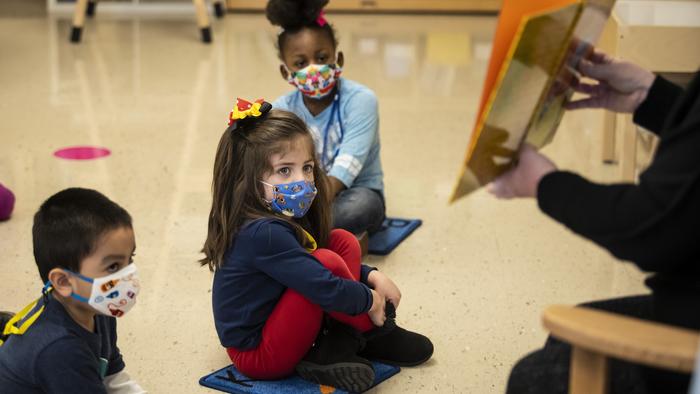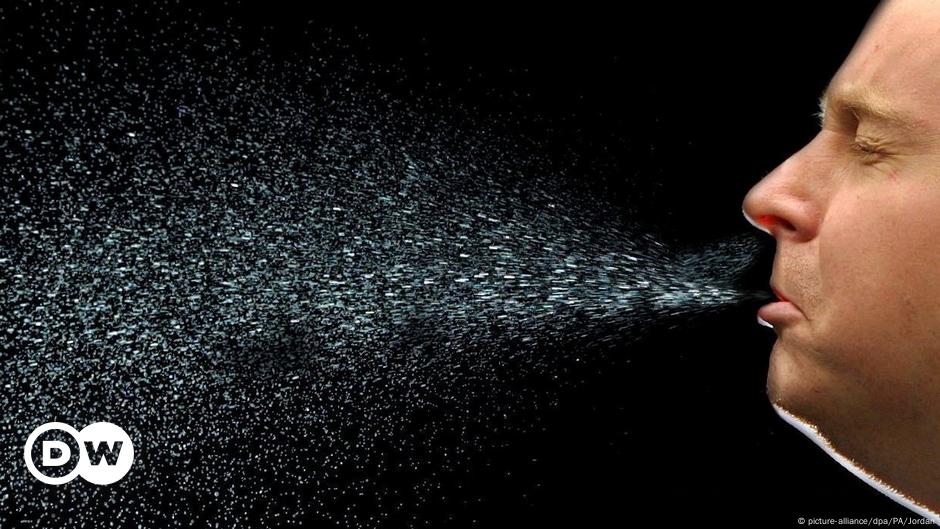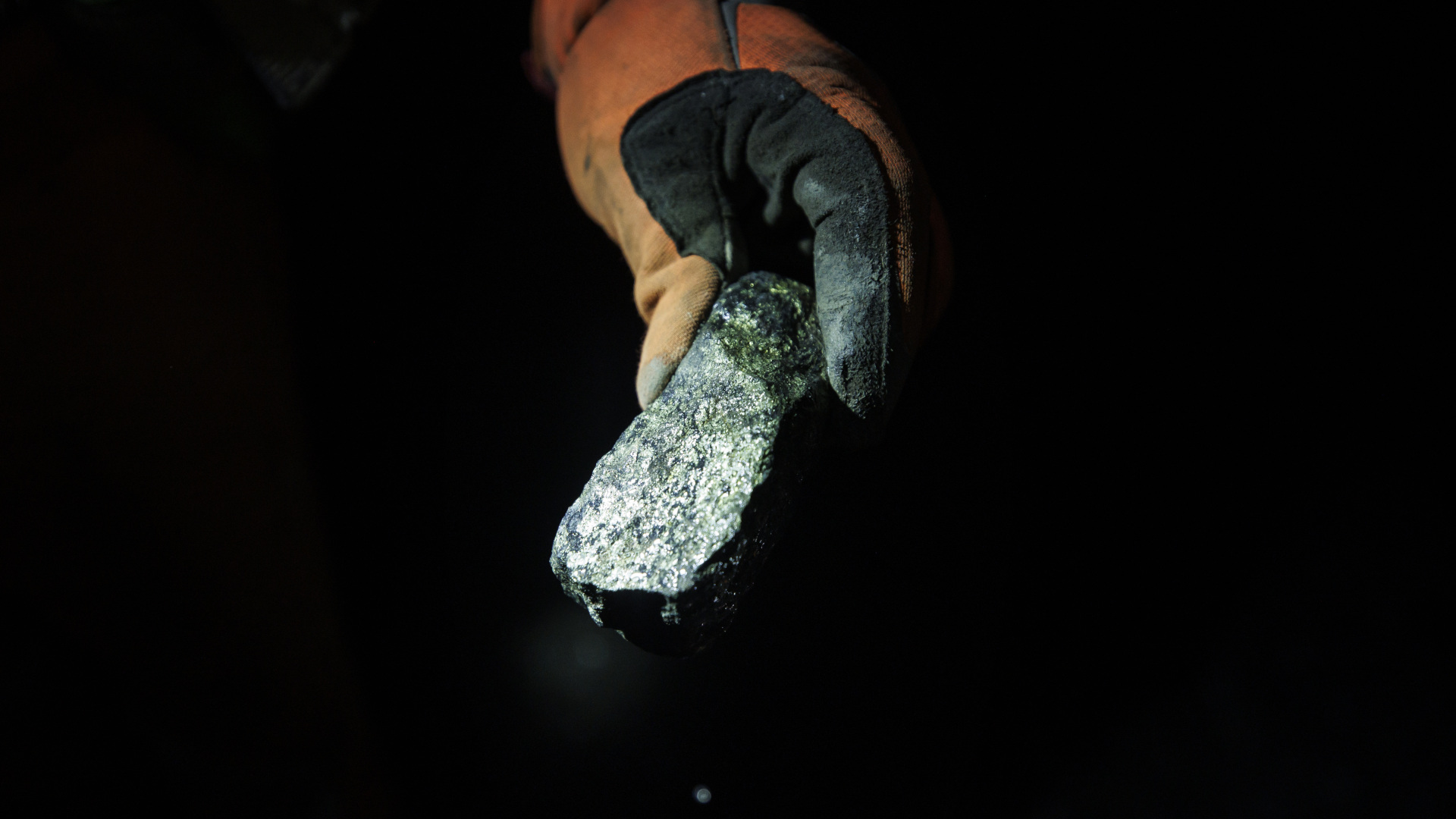
COVID-19’s Surprising Effect on Cancer
V iruses don’t often come with silver linings, and infections don’t generally lead to positive health effects. But during the pandemic, some doctors anecdotally began noticing that some people with cancer who got very sick with COVID-19 saw their tumors shrink or grow more slowly.
“We didn’t know if it was real, because these patients were so sick,” says Dr. Ankit Bharat, chief of thoracic surgery at Northwestern University. “Was it because the immune system was so triggered by COVID-19 that it also started to kill cancer cells? What was it?”
Bharat and his team decided conduct a study to find out if the seeming “benefit” of COVID-19 for these cancer patients could teach them anything about a potential new way to fight cancer—or if it was simply a red herring. They published their findings Nov. 15 in the Journal of Clinical Investigation.
Using a combination of human cells and animal models, Bharat and his team found that in the presence of SARS-CoV-2, immune cells called monocytes act differently than they normally do. Typically, monocytes, as part of the immune system, cruise the bloodstream and alert other immune cells to the presence of foreign cells or pathogens; some monocytes can attract cancer-killing immune cells to tumors, but others aren't as effective in doing so. That's because in some cases, cancer cells can co-opt monocytes —“like a demon summoning forces,” says Bharat—and form an immune wall protecting the tumor from being discovered and attacked by additional immune defenses.




















